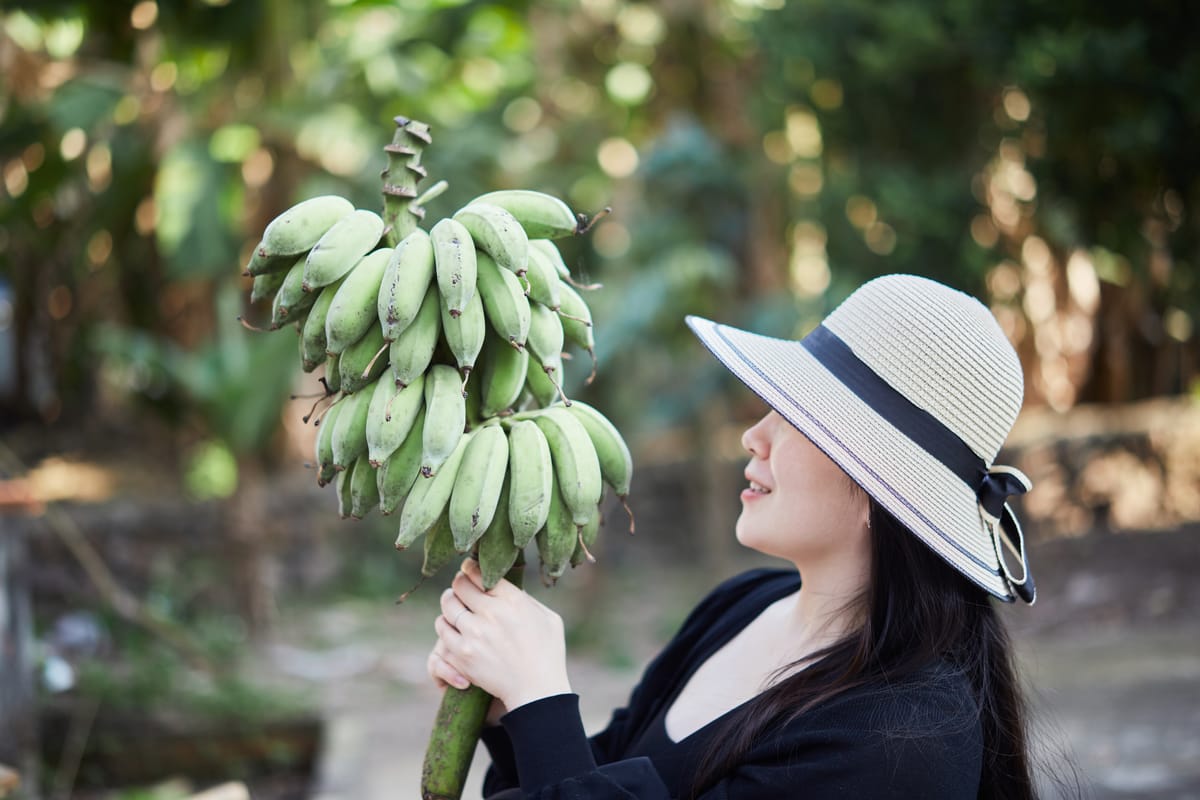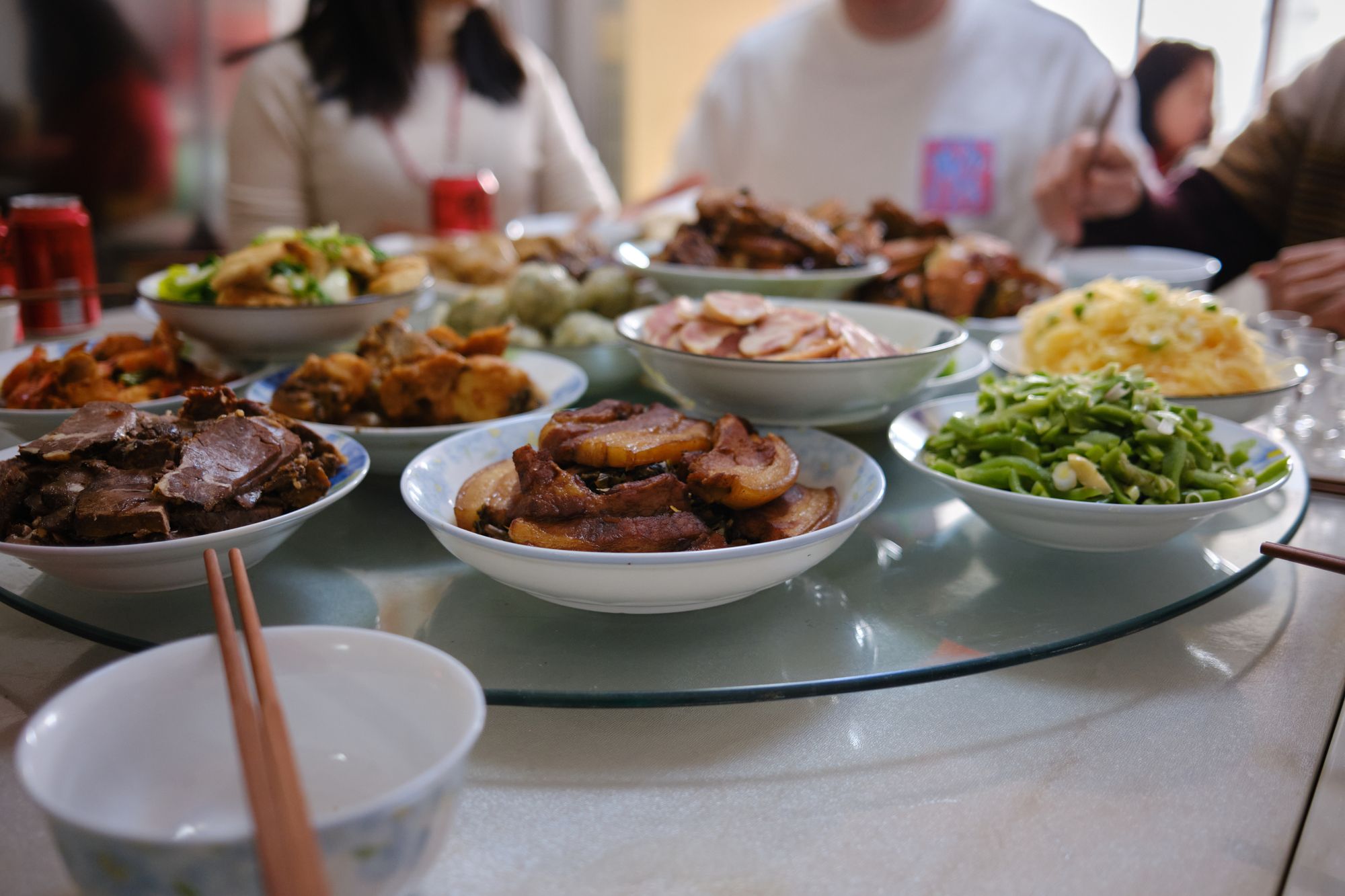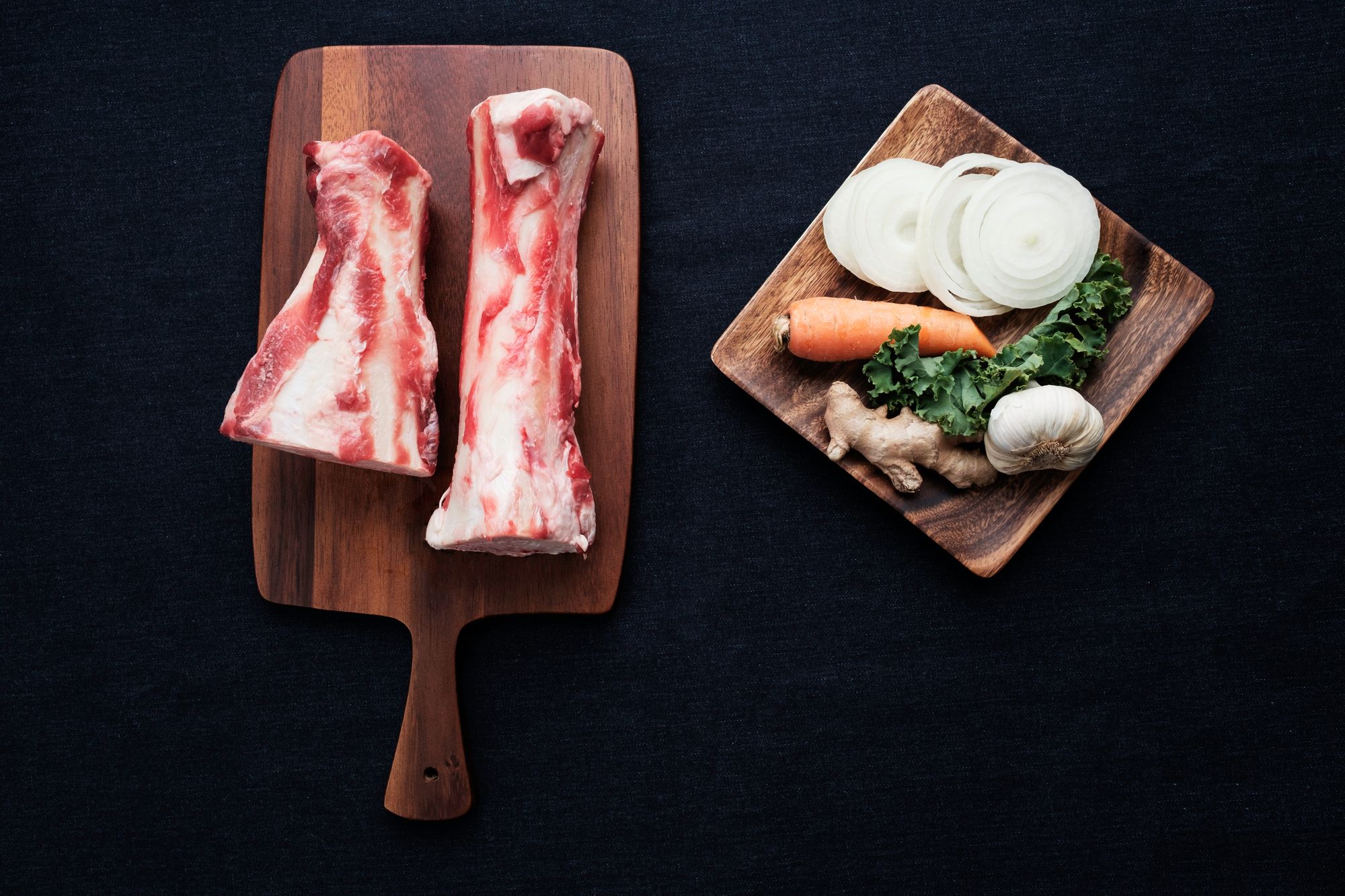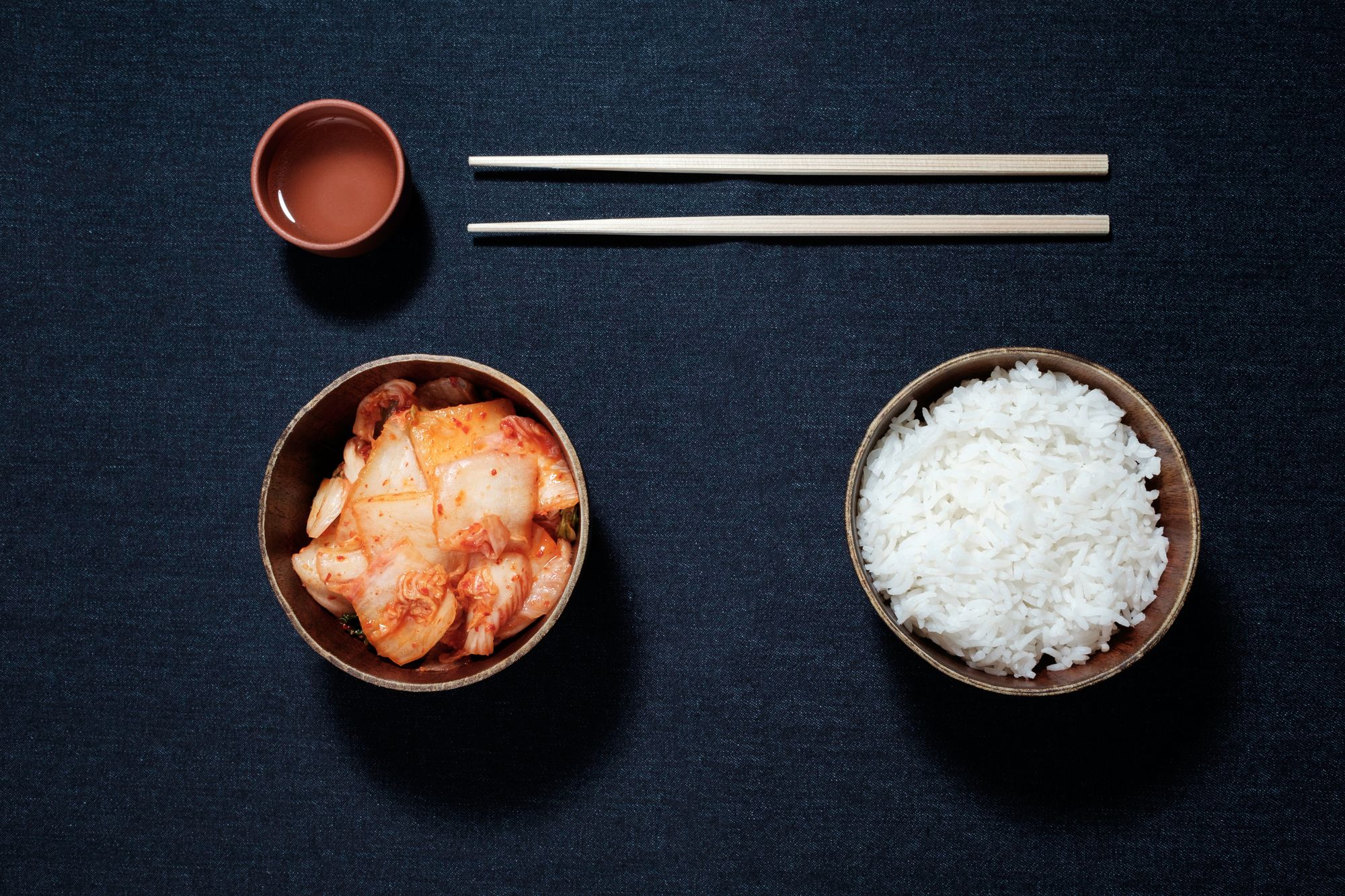How To Prevent Disease And Heal Your Body Through Healthy Eating
My drastic life change also produced drastic results. The brain fog and skin rashes had resolved themselves within a week. The acid reflux and oral thrush vanished soon after that. I was able to knock out the vast majority of my health problems within a couple of months by learning to eat real food.

Decaf Journal is reader-supported. When you buy links through our site, we may earn an affiliate commission.
Growing up in the early 90's was a bad time to learn about food and nutrition. In North America, we were collectively told that low fat meant healthy, egg yolks increased the risk of heart disease, and that sugar was only bad for our teeth. With that foundation in mind, I grew up having a keen taste for refined carbohydrates and added sugar. In fact, it seemed to make up the majority of my diet. Candied cereals, 12 packs of soda, margarine in place of butter, and white bread with an unlimited shelf life were my staples. It was all I'd ever really known.
As a teenager, I had a constant lack of clarity and a general inability to concentrate, something we now call brain fog. I also suffered from debilitating anxiety at times. But that was just my everyday reality back then. It wasn't until my early adult life that my body began to fall apart at the seams. As time went on, I suffered from all of these chronic issues simultaneously:
- Rashes all over my body
- Oral thrush
- Premature hair loss
- Adult cystic acne (I didn't suffer from acne as a teenager)
- Sleep problems
- Acid reflux and heartburn
- Bloating
- Poor digestion
- Premature wrinkles
- Brain fog
My entire life I had been used to eating a nutrient poor, calorie high diet. I hadn't been provided with the knowledge of how to properly nourish my body, and I definitely didn't understand the consequences of not doing so. I was sick of being sick and watching my body rapidly accumulate more and more seemingly inexplicable problems. To be fair though, I was basically following the standard American diet. Looking back now, it's no wonder to me that so many people in North America are obese, suffer from metabolic syndrome, or are diagnosed with autoimmune diseases at a young age.
So what changed? At 26 years old, the thought finally occurred to me that maybe my poor health had something to do with what I was eating, and also perhaps not eating. In one day, I flipped my diet on its head and never looked back. I swore off processed foods, industrial seed oils, refined carbohydrates, and sugar. I began making every meal myself. I started cooking with extra virgin olive oil. I was eating plenty of eggs, salmon, avocados, kimchi, sweet potatoes, along with various other meats, vegetables, fruits, nuts, and seeds. I even made my own bone broth in a slow cooker. It was a night and day change from what I was doing before because I was desperate to alleviate my symptoms.

My drastic life change also produced drastic results. The brain fog and skin rashes had resolved themselves within a week. The acid reflux and oral thrush vanished soon after that. My sleep problems were improved with regular sun exposure and vitamin D supplementation during the winter months. Essentially, I was able to knock out the vast majority of my health problems within a couple of months by learning to eat real food. My journey in reversing hair loss has been a long one, but I've seen big improvements there too. Only the adult acne remained (but I'll save that for another article).
Ten years later, and I can definitively say that I'm the healthiest I've ever been. I'll freely admit that I've made some irrational mistakes along the way by arbitrarily restricting specific foods based on health trends alone (remember the Paleo diet?). It was my encounter with Traditional Chinese Medicine that taught me that there are no bad foods. We're talking real food here, not processed foods, not industrial seed oils, and not added sugar. Rather, whether a food is healthy for you or not is highly individual based on your body's constitution. I've learned the hard way that it's unwise for everyone to follow one specific diet as we are all quite literally unique. For example, some people (like myself) thrive on a diet high in complex carbohydrates, while others do better by lowering their carb intake.

If everyone is unique, then why give any recommendations at all? I won't make the mistake of prescribing one specific way of eating, but there are some clear-cut things to avoid in order to make a measurable improvement in your health today. The following food items are slowly but surely making you sick and / or gain weight:
Foods To Avoid
- Industrial seed oils such as canola oil aka rapeseed oil, peanut oil, corn oil, soybean oil, and sunflower oil
- Added sugars in nearly all packaged foods
- Soda
- Refined carbohydrates
- Low fat dairy
- Too many synthetic ingredients in processed foods
On the topic of foods to avoid, gluten is an interesting one. If you're perfectly healthy with no known issues, gluten is probably fine for you. For others, it's best to stick to sourdough, whole grain Einkorn wheat. Einkorn is the oldest variety of wheat in existence (it also may be the most delicious), and is well tolerated by people who may not be celiac but still have issues with regular wheat products. I cannot tolerate most wheat products in North America but with Einkorn I've had no issues.
Eat These Foods Instead
- Instead of canola oil, choose extra virgin olive oil, avocado oil, coconut oil, animal fat such as tallow or lard, butter, or ghee.
- Instead of margarine (which is made from canola oil nowadays), choose butter if you can tolerate dairy
- Instead of soda, choose flavored sparkling water, kombucha, or water kefir
- Instead of white bread, choose whole grain Einkorn or Spelt sourdough
- Instead of white sugar, choose honey. Rock sugar also has some health benefits, but use all natural sweeteners in moderation.
- Instead of low fat dairy, choose full fat, unhomogenized, and grass fed dairy if possible. Raw dairy is even better nutrition-wise, but it's illegal in many places and there are some risks to consuming it.
- Also, if you can't tolerate cow dairy, it might be worth trying small animal dairy such as sheep or goat milk. Many people who have trouble with cow milk find goat and sheep dairy products to be much more agreeable with their digestive systems.
- Instead of refined carbs*, choose complex carbohydrates such as millet, lentils, quinoa, adzuki beans, black rice, potatoes, or sweet potatoes.
*White rice is a staple in East Asia and can be included as part of a healthy diet, depending on your specific health goals and requirements. I don't do well with white rice but I know people with perfect health who do.

When out shopping for food at the supermarket, it's best to mainly shop the perimeter of the store since that's where the majority of whole foods are located. If you're not already reading the labels on packaged food it is a good idea to start today in order to better understand what you're consuming. Better yet, make your own meals as time permits with foods that don't have a label on them to begin with. Another big win for your health is to choose unsweetened versions of packaged foods as a general rule. Though you might experience some withdrawal in the process, your tastebuds will eventually adapt and fruit will be all the sweetness you need. Take it from a former self-professed sugar addict. You'll also begin to better appreciate sour foods, bitter foods, and other adventurous flavors with time.
For improved digestion, you can start consuming fermented foods including kimchi, kefir, sauerkraut, kombucha, natto, miso, tempeh, and stinky tofu. If you'd prefer to go the supplement route, you can take probiotics + prebiotics together, and / or digestive enzymes. Personally, I've noticed big improvements in my own gut health by consuming all of the above at one time or another, though these days I mainly stick to probiotics + prebiotics for convenience sake. Speaking of supplements, don't be afraid to add them in as needed. Our soils have become depleted and the food we grow isn't nearly as nutritious as it once was. As an example, I currently supplement with zinc, vitamin D, milk thistle, and collagen protein powder to cover my bases.
I won't get into this too much because 1) I'm not qualified and 2) it's a complex topic, but it's worth understanding the temperatures and actions of specific foods. No I'm not talking about hot coffee vs cold brew. In Traditional Chinese Medicine, lamb is considered a hot meat, cinnamon is a hot spice, lemon is a cold fruit, green tea is cooling, and sweet potatoes are neutral. This will seem like an abstract idea to the uninitiated, but it is referring to the effect that a specific food has on a person's body. If you have too much heat in your body, eating lamb or spicy food isn't going to be good for you. If you'd like to learn more about the temperature of various foods, you can visit http://chinesenutrition.org/, click on Browse Nutrition, and you can see the properties of almost anything you eat.

I'm sure that was a lot to take in, but the transition to a healthier diet doesn't have to be entirely painful. If you don't have serious health issues, you can get away with the 80/20 rule. That is, choosing to eat healthy 80% of the time, and allowing yourself to indulge in treat meals 20% of the time. Your body will be able to handle it, in fact it may even be a hormetic stressor. It's ok to eat ice cream or have a donut once in a while, but be aware of what you're putting into your body and how you feel afterwards. It's about making informed decisions.
If I can leave you with one overall message it is this. Prioritize vegetables, fruits, nuts, seeds, legumes, whole grains, meat, seafood, fish, eggs, and full fat dairy (if you can tolerate it). Cook with healthy fats. Try to eat as wide a variety as possible while avoiding foods that trigger any negative health issues for you.
Given that our bodies are not identical, everyone's specific dietary requirements are unique to them. The keto diet isn't going to be healthy for everyone, nor is a carnivore diet. Some people do well on a high carb diet, some will do better with more plant foods, and so on. The point is that a healthy diet is going to look a little bit different for everyone. And it's never too late to make a change in a positive direction. We've only been given one body, so why not find out how strong and vibrant it can become?






